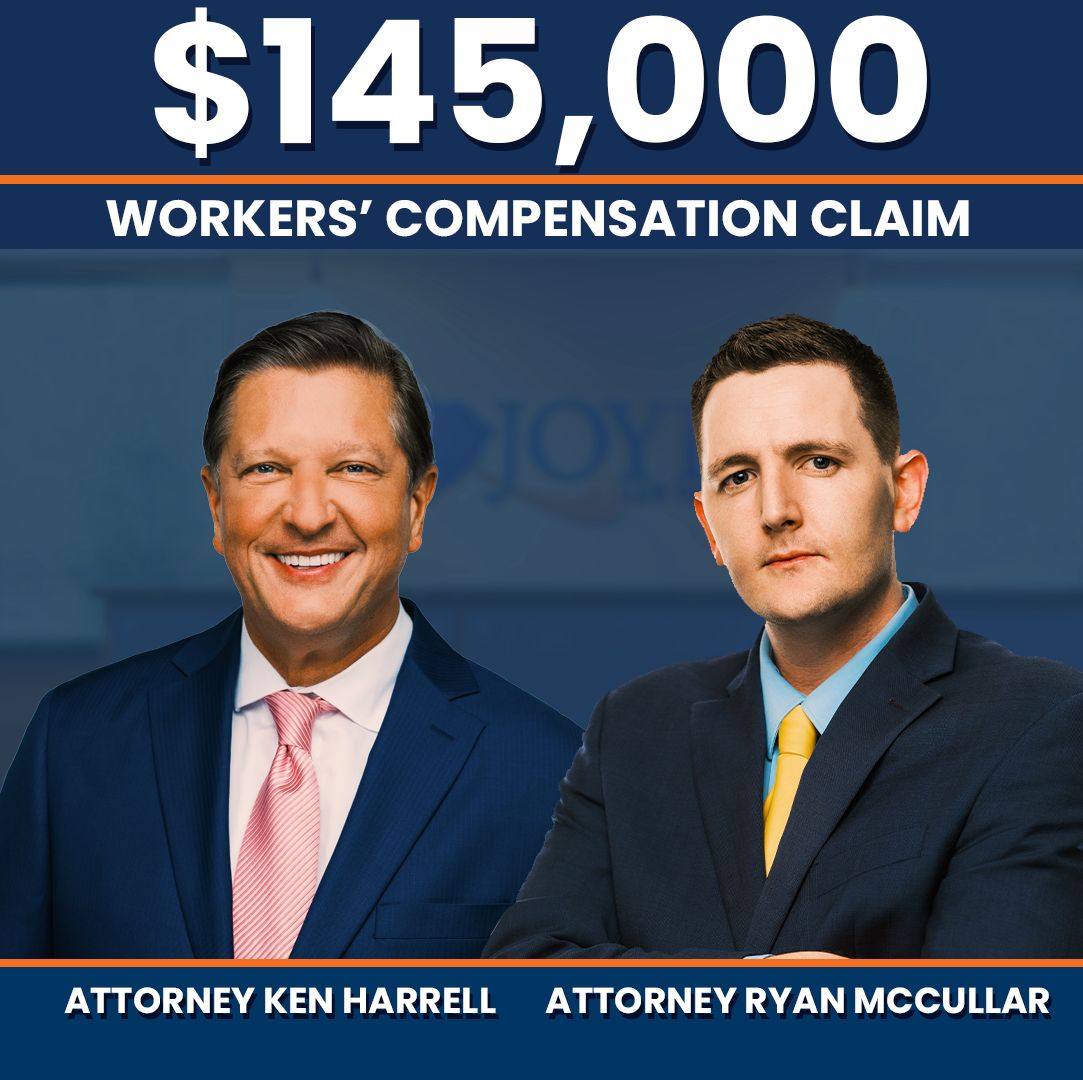According to Food Allergy Research & Education, an estimated 15 million Americans live with food allergies. This means there is a good chance that a restaurant or foodservice operator will provide a meal to someone who suffers from a significant allergy to specific ingredients.
Foods that commonly cause allergic reactions include:
- Wheat products;
- Nuts (peanuts in particular);
- Dairy products;
- Shellfish and other kinds of seafood; and
- Other kinds of food.
The symptoms can vary as well. Reactions may include:
- Skin rashes;
- Digestive disorders;
- Difficulty breathing;
- Difficulty swallowing;
- Swelling of the face; and
- Other symptoms.
Filing a Food Allergy Lawsuit
A person who suffers an injury because of food that triggers an allergic reaction may have a legal right to file a lawsuit for compensation. Cases of this type generally occur because a restaurant or other institution carelessly served or prepared the food.
A food allergy lawsuit can involve multiple defendants. They can include:
- Restaurant owners and staff;
- Hospital staff;
- Kitchen staff at nursing homes, care homes or schools;
- Food staff on airlines or cruise ships; and
- Other food service companies or restaurants.
In general, any business that prepares or serves food is responsible for not risking the health of people with food allergies. However, the affected individuals also are accountable. They must immediately inform any establishment of their food allergy before eating. A customer who neglects to communicate a food restriction may not be able to collect damages.
Challenges of Food Allergy Lawsuits
Those who prove a food allergy case in court can expect compensation for expenses such as hospital bills, medical costs and other fees. The business that is liable may also have to change its food service procedures as a result of the lawsuit, helping others to avoid harm.
However, it can be difficult to prove liability in food allergy cases. Individuals who decide to take legal steps must demonstrate that the consumed food was somehow contaminated with an allergy-causing substance. Either the ingredient was not indicated clearly to the consumer or it did not have an adequate label. Furthermore, the plaintiff has the burden of proving that the food directly caused the health emergency.
The difficulty of proving negligence in a food allergy case can be seen in a New York lawsuit that took almost nine years to resolve. As the Staten Island Advance reported, the couple that filed the lawsuit said their 9-year-old son died because the staff at his school neglected to ensure that he did not ingest any food that wasn’t prepared at his own home.
In September 2013, an appeals court ruled that the school acted appropriately in calling for emergency assistance, did not expose the young boy to blueberries as the lawsuit claimed and made sure that he didn’t eat anything but the food he took with him to class each day.
In another case, reported by NBC 10 in Philadelphia, a federal judge dismissed a lawsuit filed in western Pennsylvania that claimed an elementary school failed to develop a plan to protect a young boy from exposure to nuts. His parents accused the school of separating him from other students in the cafeteria while violating his civil rights. The judge dismissed this lawsuit on the grounds that the school district devised four different plans, which were all rejected by the parents.

































